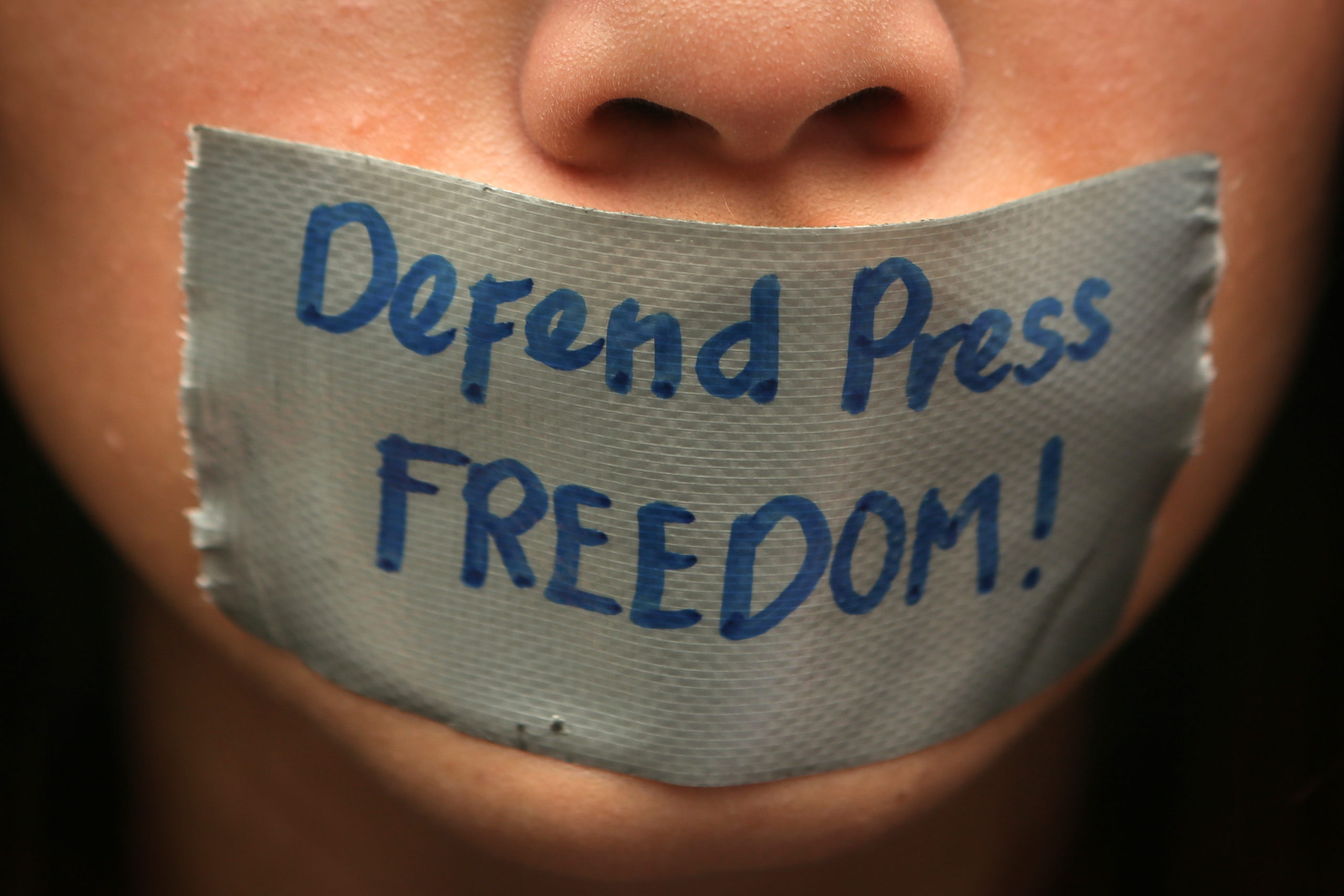On May 3, 2024, International Press Freedom Day, Reporters Without Borders (RSF) published its annual press freedom ranking. The Philippines slipped in the RSF index from 132nd to 134th place out of a total of 180 countries. Despite the lower RSF rating compared to former President Duterte’s last year in office, there were at least 135 incidents of attacks and threats against media professionals between July 2022 and April 2024, according to the Center for Media Freedom and Responsibility (CMFR) and the National Union of Journalists of the Philippines (NUJP).
“While we can say that the current administration is not as openly hostile to the press, the policies and strategies used during the Duterte years are still there and journalists in the Philippines are still at risk,” said Jonathan de Santos, chairman of the NUJP. RSF argued that libel and cyber libel continue to be punished with jail terms and the government uses national laws to harass media outlets critical of the government, such as Rappler. Some journalists have also faced fabricated charges, such as Frenchie Mae Cumpio, who has been in detention since 2020 for alleged illegal possession of firearms and explosives.
Back in February 2024, Irene Khan, United Nations Special Rapporteur on the promotion and protection of the right to freedom of opinion and expression, criticized the lack of a political framework to prevent attacks on Filipino media professionals during her visit to the Philippines. Khan described initiatives such as the Presidential Task Force on Media Security (PTFOMS), which is intended to ensure the safety of media professionals during elections, as “not enough.”
At the Philippine Media Safety Summit on May 3, 2024, among others, media workers, journalists, and human rights defenders appealed for more protection and safety for journalists in the Philippines. On the occasion of International Press Freedom Day, the Foreign Correspondents Association of the Philippines (FOCAP) also recognized journalists worldwide who continue to pursue their work despite increasing threats. FOCAP also observed a new threat against media professionals through so-called “spoofing” (i.e., deceptive methods in computer networks to conceal one’s identity) and messages from fake or suspicious email addresses to journalists.
Photo © Raffy Lerma

